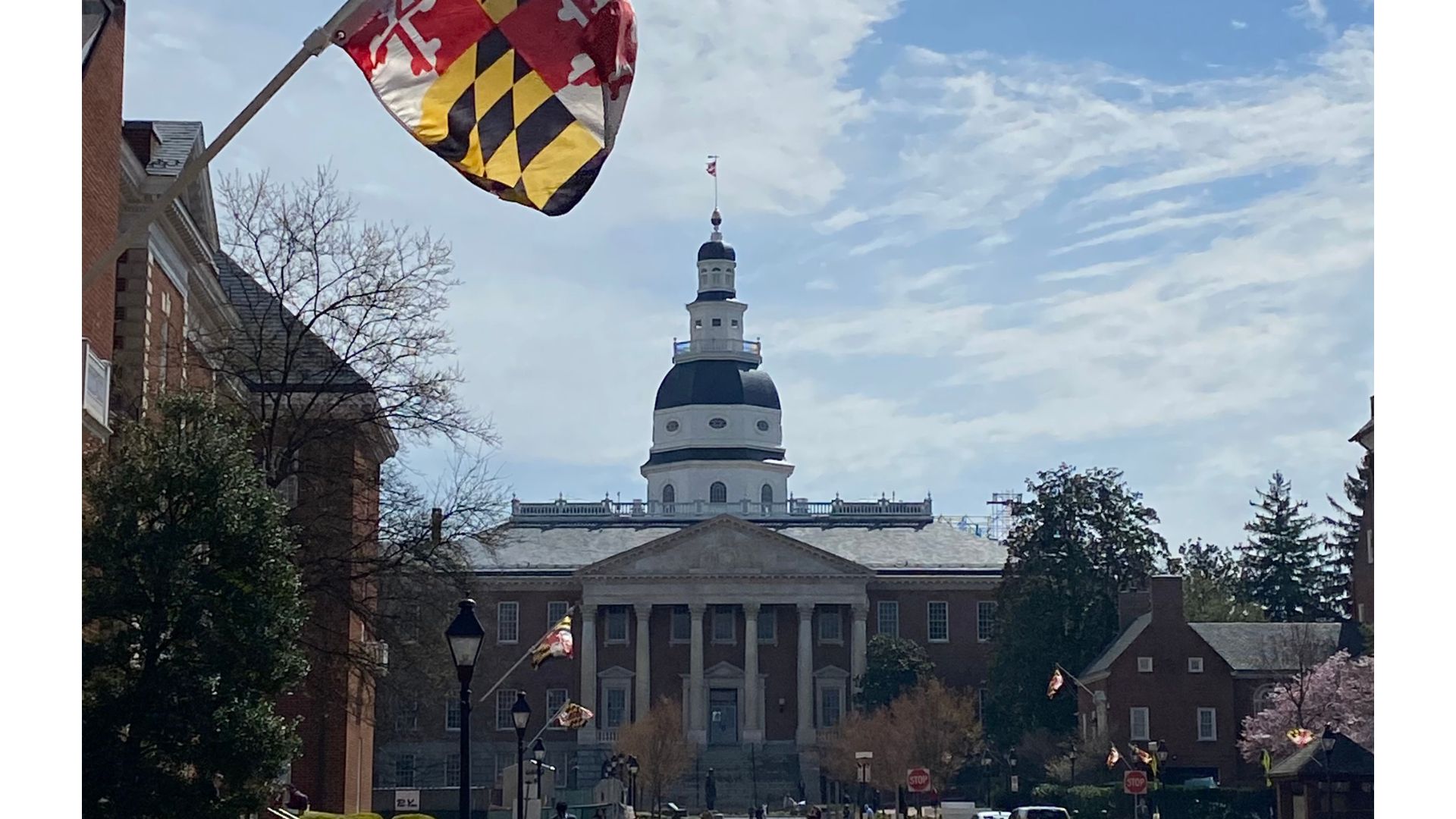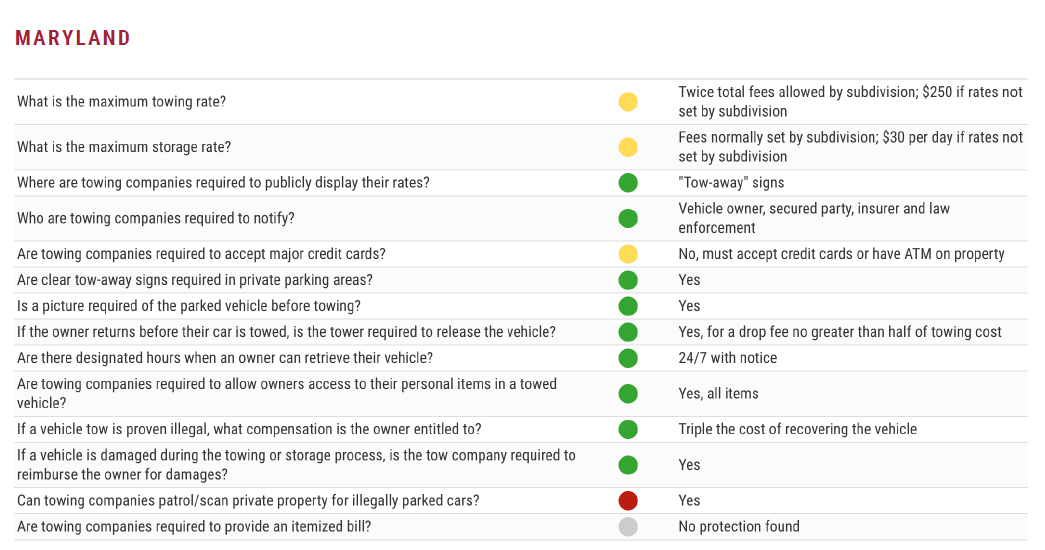
GETTING OFF THE HOOK OF A PREDATORY TOW
Fourteen ways states should protect consumers when their car is towed
U.S. PIRG Education Fund identified 14 common-sense towing protections that should be available to consumers in every state, and researched which states offer those safeguards. These protections range from who is responsible for damages caused by careless towing to whether you are guaranteed the option to pay by credit card.
Every year, millions of Americans have their cars towed.
In some cases, the vehicle was parked improperly, the driver tracks it down and pays the bill without incident. Other times, the vehicle owner may face an array of unfair circumstances. Predatory practices following an initial tow can range from charging exorbitant fees to refusing the owner access to the personal items in their car during business hours. In still other cases, the driver’s vehicle wasn’t really parked improperly and was towed illegally.
Under the best circumstances, getting towed is an ordeal, even when justified. For many drivers, however, the situation is compounded because consumer towing protections in most states are weak, nebulous or non-existent.
U.S. PIRG Education Fund identified 14 common-sense towing protections that should be available to consumers in every state, and researched which states offer those safeguards. These protections range from who is responsible for damages caused by careless towing to whether you are guaranteed the option to pay by credit card.
Key findings
Our research points to two broad issues facing consumers. Firstly, an alarmingly high number of states have no protections spelled out on issues such as whether a consumer is entitled to an itemized bill, or a reimbursement if their car is damaged. In addition, too many states have inadequate protections, or the laws on the books are vague or overwrought and inaccessible to the average consumer. This needs to change.
Only about half of states set any kind of maximum fees for towing or storage of vehicles towed without the driver’s consent. More than 30 states don’t require rates that do exist to be displayed or disclosed. A few states offer deeper protections, such as requiring a photo of the improperly parked vehicle before it’s towed or prohibiting tow trucks from patrolling streets or parking lots looking for cars to haul away.
,

Topics
Find Out More


5 steps you can take to protect your privacy now

Fixed for the Holidays
